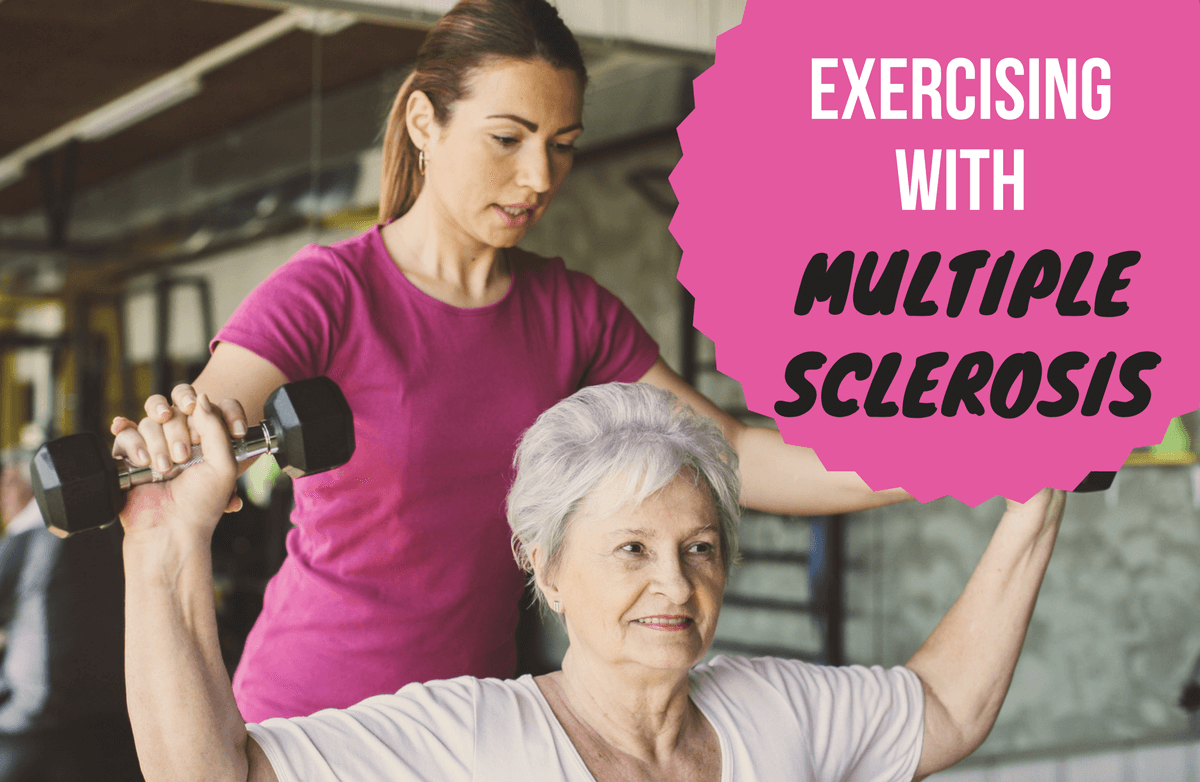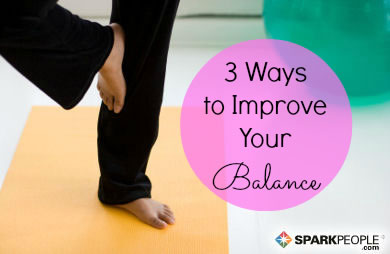|
"If you don't have anything nice to say, don't say anything at all." At some point, we've all been on the receiving end of that golden nugget of advice from well-meaning parents, grandparents and teachers, and most of us follow it—at least when it comes to talking to other people. You'd never dream of telling your co-worker that her pants are unflattering for her figure or suggesting to your sister that she's too heavy to register for a 5K race, but you seem to have no problem saying those same things (or far worse) to yourself. Negative self-talk happens in your head, so it's not as overt as verbal criticism—but it's just as harmful. It's also highly habitual; many of us get stuck in the cycle of thinking the worst about ourselves. Over time, it can become a self-fulfilling prophecy. For instance, if you're constantly telling yourself that you have no willpower to resist sweets, you'll be more likely to succumb to those cravings for cookies and ice cream. In her practice, weight-loss therapist Dr. Candice Seti sees a lot of what she calls "dwelling on the negative," which she refers to as a form of cognitive distortion. "It's when people get hyper-focused on negative feedback and exclude all things positive," she explains. For example, 19 people may compliment you on how healthy you look, and one person might comment about how much further you have to go. If you're dwelling on the negative, you ignore all the positive feedback and focus on the one negative comment. In time, that single negative phrase becomes all-encompassing, until soon you find yourself thinking, "I did all that work for nothing" or "No matter how hard I try, people still think I look terrible." "This kind of self-talk can be incredibly powerful and can impact our drive, motivation and self-perception," says Dr. Seti. "A healthier perspective is to say, 'I’ve been doing such a great job and lots of people have noticed! I’m going to keep it up.'" Time for a Self-Talk Shift!You don't have to be a captive audience to self-criticism. The first step is becoming aware of the behavior, then replacing these common self-criticisms with positive, affirming messages. Negative: "I need to burn fat." Positive: "I need to build muscle." Our metabolisms are directly influenced by the amount of lean muscle mass in our bodies. "While it is possible to lose weight without building up muscle, it will be very difficult to maintain that weight loss over the long term," says Dr. Caroline Apovian, director of the nutrition and weight management center at Boston Medical Center. Instead of focusing strictly on number of calories consumed, cardiovascular exercises performed and pounds lost, Dr. Apovian recommends focusing on eating a protein-rich diet, strength training and measuring muscle gains. Negative: "I hate lifting weights, so I can only do cardio." Positive: "I'm open to learning more about what strength training can do for my body." New exercises can be daunting, especially when they involve using free weights or complicated machines. It's easy for lack of familiarity to lead to disinterest or even fear, which could cause you to miss out on the many benefits of strength training. Instead of avoiding the weight room, ask for guidance from a gym employee or personal trainer, or try an online video to practice your form in the comfort of home. Negative: "I don’t like what I see in the mirror." Positive: "I am beautiful no matter what, and there are lots of things I love about myself." To achieve self-acceptance, practice complimenting yourself. Fitness trainer Carol Frazey, M.S. has a rule for her clients: For every negative thing they say about themselves, they must say three positive ones in front of the entire group. Instead of focusing on what you perceive as negative about your body ("my stomach is too big and flabby"), recognize its positive attributes ("my stomach may not be as toned as I'd like, but my core is getting stronger every day"). Before long, you’ll find yourself realizing that your body is capable of so many things and you’re more than just a number on the scale or a size on a tag. Negative: "I never stick with anything." Positive: "I haven't found the right solution/fit for me yet." Whether it's an exercise regimen, nutrition plan or stress management solution, you can expect to try a few different tactics before settling on the right one. What works for your co-worker, brother, best friend or neighbor won’t necessarily work for you, and that realization should be viewed as an opportunity to explore, not a failure. Instead of labeling yourself as a quitter when something doesn't work for you, remind yourself that with every abandoned approach, you're making progress toward the one that will move you toward your goals. Negative: "I can't resist overeating—I always eat what's in front of me." Positive: "I only need to eat enough to fill me up, nothing more." Part of mindful eating is learning to recognize your body's cues for hunger and fullness. With each bite, ask yourself, "Does my body truly need this food? Am I eating it to satisfy hunger, or just to alleviate stress, boredom or a craving?" The food on your plate does not control your intake. Recognize that you have the power to stop when you've had enough. Negative: "I'll never look as good as her." Positive: "I wonder what she's doing that I can include in my routine?" There will always be someone who is skinnier, fitter or stronger than you. Resist the urge to make physical comparisons to other gym-goers, as that will just leave you feeling defeated and discouraged. Instead, use those people as a source of inspiration and motivation. You might even strike up a conversation—chances are they'd be flattered if you ask for their fitness or diet tips. Negative: "I don't have time to work out." Positive: "I will prioritize what's important to me." We're all allotted the same number of hours each day, and only we can decide how they're spent. While there are certain obligations that can't be avoided, like work and caring for kids, you may be surprised by how much time you can free up by eliminating unnecessary activities. Maybe you can trade that half-hour of Facebook surfing for a walk during your lunch hour, or give up that nightly hour of television time in favor of a yoga class. It's all about making yourself—and your health—a priority. Negative: "I'll never fit into those jeans again." Positive: "I am exactly the size I'm supposed to be right now." Self-acceptance means embracing your body in its current state, not only when it's at a certain size, shape or weight. That doesn't mean you shouldn't continue along the path toward your weight-loss or fitness goals, just that you shouldn't disparage your physique along the way. Negative: "I can't do it." Positive: "I'm going to keep working until I can do it." We may not be born with all the skills we'll ever need, but we are born with the capabilities to learn those skills. Instead of getting frustrated that you haven't yet been able to run a mile, do a pull-up or master a yoga pose, commit to sticking with it until the "can't" becomes a "can." Negative: "I failed." Positive: "I'm learning new behaviors." When you're struggling to lose weight and get fit, roadblocks and setbacks are inevitable. Instead of labeling them as failures, regard them as lessons. In Dr. Apovian's experience, the kinder patients are to themselves in the process of weight loss, the more likely they are to stick with healthy behaviors. "Those who are consumed with guilt are more likely to abandon the project altogether than those who view themselves with compassion," she says. "Remember that learning anything new takes time and practice, and that includes healthier eating and lifestyle habits." Negative: "I'm too heavy for yoga (or spinning, or running, or…)" Positive: "I'm up for the challenge, and I can modify any workout to suit my body." A certain size is not a prerequisite for participating in any kind of activity. When trying something new, get the green light from your doctor and start out slow until you gauge how your body responds. If you're taking a fitness class, arrive early and ask the instructor to recommend modifications to keep you safe and comfortable. Negative: "People are going to stare at me." Positive: "People will admire me for working hard." If someone looks your way at the gym, in the studio or on the sidewalk, it's easy to assume they're judging or laughing at you, but chances are they're just motivated by your efforts. Instead of avoiding their gaze, hold your head high and smile or say hello. After all, they could need some encouragement themselves. This journey is yours and yours alone, and you should never feel like you’re inadequate for working to improve your quality of life. |
Related Entries
More From SparkPeople
|






















